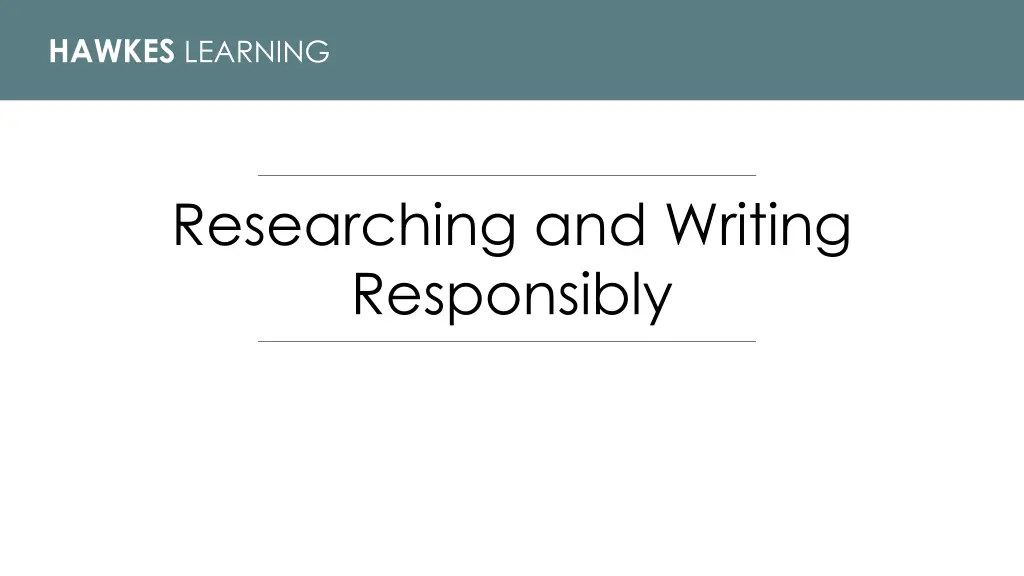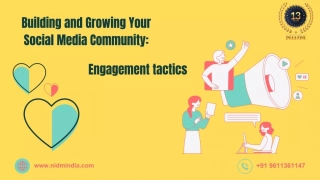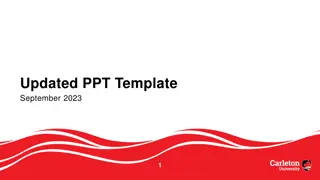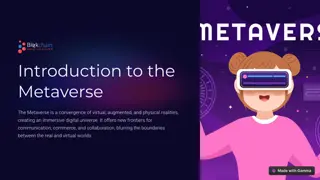
Effective Research Writing Strategies
Strengthen your research writing skills by understanding the role of sources, avoiding plagiarism, and integrating information through summarizing, paraphrasing, and quoting. Learn how reliable sources enhance your credibility and support your arguments effectively.
Download Presentation

Please find below an Image/Link to download the presentation.
The content on the website is provided AS IS for your information and personal use only. It may not be sold, licensed, or shared on other websites without obtaining consent from the author. If you encounter any issues during the download, it is possible that the publisher has removed the file from their server.
You are allowed to download the files provided on this website for personal or commercial use, subject to the condition that they are used lawfully. All files are the property of their respective owners.
The content on the website is provided AS IS for your information and personal use only. It may not be sold, licensed, or shared on other websites without obtaining consent from the author.
E N D
Presentation Transcript
HAWKES LEARNING Researching and Writing Responsibly
Lesson Goals The Role of Sources in Research Writing Avoiding Plagiarism with Proper Documentation The Basics of Research Styles HAWKES LEARNING
The Role of Sources in Research Writing Research is primarily concerned with finding the right sources. Sources can include many forms of texts artwork, speeches, recordings, movies, articles, etc. that provide information relevant to your particular goal. Some sources are more formal than others. In academic writing, citing reliable sources is not only required, it s necessary if you want to establish yourself as a reliable writer. HAWKES LEARNING
The Role of Sources in Research Writing Strengthens your opinion about a topic by supporting it with facts, details, and evidence Offers powerful anecdotes, or long examples told as stories, to highlight your main arguments Adds validity to your writing by linking your own claims to experts within your field of study Provides timely and relevant information that will advance the education of your audience Informs your audience where they can find further information regarding your topic HAWKES LEARNING
Integrating Source Information Summarizing Paraphrasing Quoting HAWKES LEARNING
Summarizing A summary is a few sentences that explain a large amount of information. They should be used when you need to inform your audience about important background information on a topic. Summaries require an in-text citation when they refer to a specific idea or portion of a work. HAWKES LEARNING
Paraphrasing When you paraphrase, you explain someone s words or sentences using your own words. Paraphrases can explain a text s purpose or add clarity to the author s argument. You can paraphrase anything from a single sentence to a complex idea. Paraphrases require an in-text citation. HAWKES LEARNING
Quoting Quotations are the direct words of a source. Quotes should be reserved for instances when the author s language is powerful or unique. Here s an example: Elanor Roosevelt famously said in her book You Learn by Living, You must do the things you think you cannot do (30). This quote uses a signal phrase to introduce the author s name and the source title, so the in-text citation includes on the page number. HAWKES LEARNING
Avoiding Plagiarism with Proper Documentation Track your Use & sources citations HAWKES LEARNING
Track Your Sources Type of Title source Year of Author publication HAWKES LEARNING
Use Citations In-text citations are notes in a paragraph that tell the reader which words and ideas come from a source. Signal phrases are phrases used to identify source information like the title and author within a sentence. According to [Author], Don t forget to include every source you use on the works-cited page or in the reference list. HAWKES LEARNING
Use Citations Direct quotes use the exact words of outside sources. You must put all direct quotes in quotation marks. Here s an example: In Jesse James: American Antihero, professor Lawrence Bruce explains that the American public imagined Jesse James as Robin Hood of the Wild West (20). HAWKES LEARNING
The Basics of Research Styles MLA (Modern Language Association) style APA (American Psychological Association) style CMS (Chicago Manual of Style) CSE (Council of Science Editors) style HAWKES LEARNING






















